Environmental Impact
Concerning the environmental impact of cutlery, the differences between wooden and plastic options are quite significant.
Wholesale wooden cutlery, being biodegradable, can naturally decompose without causing harm to the environment. Furthermore, wood is a renewable resource, making it a more sustainable choice. Conversely, plastic cutlery is non-biodegradable and adds to the issue of plastic pollution, which is a growing environmental worry.
Health and Safety

When one must decide between wooden and plastic cutlery, one must consider the implications for health and safety.
Bulk wooden cutlery, being free from chemicals, is a safer choice for the consumption of food. Moreover, it possesses natural antibacterial properties, thereby lessening the likelihood of bacterial contamination. In contrast, plastic cutlery presents the risk of chemical leaching, which could potentially raise health concerns for those who use it.
The Endurance and Utility of Cutlery
Wooden cutlery, with its robust and steadfast character, has garnered favor among many. It is capable of enduring the demands of regular use and is well-suited for both hot and cold dishes, rendering it adaptable for a multitude of dining requirements. Conversely, plastic cutlery is susceptible to fracturing, particularly when employed with heartier or denser fare. Its restricted durability renders it less suitable for certain culinary offerings, thereby limiting its utility when compared to
wooden cutlery.
Aesthetics and Presentation
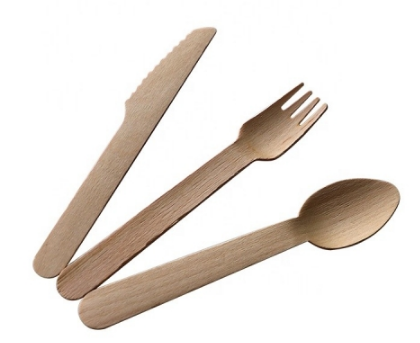
Wooden cutlery
1. The rustic and natural appearance of
wooden cutlery adds a charming and organic touch to any dining setting. The unique grain patterns and earthy tones enhance the overall aesthetic appeal of the table setting, creating a warm and inviting atmosphere. The use of wooden cutlery brings a sense of elegance and sophistication to the table, making it a delightful sight for the diners.
2. Using
wooden cutlery can elevate the dining experience by providing a tactile and sensory connection to the food. The smooth texture and natural feel of the wood enhance the enjoyment of the meal, making it a more pleasurable and memorable experience for diners. The weight and balance of
wooden cutlery also contribute to the overall dining experience, adding a sense of refinement and luxury to the meal.
Plastic cutlery
1. Plastic cutlery tends to have a generic and unattractive appearance, lacking the character and charm of wooden or metal alternatives. The uniform and mass-produced nature of plastic utensils can detract from the overall visual appeal of the dining table. The use of plastic cutlery may give the impression of a casual or informal dining experience, which may not be suitable for more formal or elegant occasions.
2. The lack of visual appeal in plastic cutlery can impact the overall dining experience, as it may create a sense of disposability and low quality. The utilitarian nature of plastic utensils often fails to contribute to the aesthetic value of the meal, diminishing the overall ambiance of the dining environment. The lightweight and flimsy nature of plastic cutlery may also detract from the dining experience, as it lacks the heft and substance of
wooden cutlery, resulting in a less satisfying dining experience for the diners.
Frequently Asked Questions:
1.Is wooden cutlery better?
The use of wooden cutlery can feed sustainable living practices. As we all know, sustainable living practices help reduce pollution, conserve natural resources like water and energy, help protect the biodiversity of our planet.
2.Are wooden cutlery better than plastic?
Disposable plastics represent a real, long-term risk for the environment and humans. Disposable wooden cutlery is a sustainable choice. They are a way for consumers and businesses to significantly reduce the world's reliance on single-use plastics.
Cost and Affordability
Wooden cutlery may present a slightly higher initial cost compared to plastic cutlery, but it provides long-term savings due to its sturdiness and ability to be reused. In contrast, plastic cutlery may seem more affordable at first, but the ongoing expenses for disposal and replacement can accumulate over time. When evaluating the overall cost and affordability, it is crucial to consider the initial investment in comparison to the long-term costs for both varieties of cutlery.
Cultural and Social Considerations
Wooden cutlery, with its roots in tradition and craftsmanship, has long been revered in many cultures as a symbol of sustainable and eco-friendly living. Its use signifies a dedication to preserving the environment and a desire to embrace a more artisanal approach to dining. In contrast, the prevalence of plastic cutlery in modern society is a testament to its convenience and cost-effectiveness. However, the widespread reliance on plastic cutlery has sparked apprehension regarding its influence on consumer habits and the environment.
Regulatory and Policy Implications
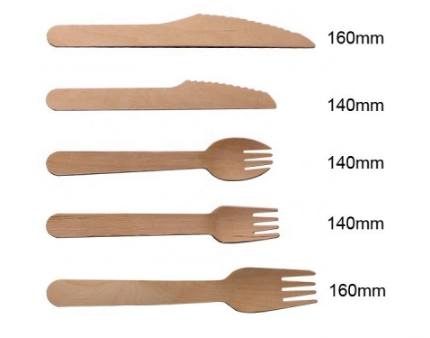 Wooden cutlery
Wooden cutlery manufacturers must ensure compliance with sustainability standards to meet the growing demand for eco-friendly products. This involves using responsibly sourced wood from well-managed forests and minimizing environmental impact throughout the production process. Additionally, companies can benefit from government support for eco-friendly initiatives, such as tax incentives and grants for sustainable practices. It is important for manufacturers to prioritize sustainable practices in order to meet the increasing demand for environmentally friendly products.
On the other hand, plastic cutlery is facing increasing environmental regulations and restrictions due to its detrimental impact on the environment. Governments are implementing policies to reduce single-use plastics, leading to a shift towards sustainable alternatives. This includes bans on certain plastic products and the promotion of biodegradable or compostable alternatives to reduce plastic waste. As a result, there is a growing demand for eco-friendly options, and manufacturers of plastic cutlery may need to adapt their production processes to meet these changing regulations and consumer preferences.
Hyde Group, a
wooden cutlery supplier, can provide you with any custom size of
wooden cutlery you want, including spoon, fork, knife, which has over 14 years of export experience and has exported to more than 150 countries, you can feel free to contact us to custom and wholesale, we will reply within 24 hours.
 3692
3692 167
167

 Wooden cutlery manufacturers must ensure compliance with sustainability standards to meet the growing demand for eco-friendly products. This involves using responsibly sourced wood from well-managed forests and minimizing environmental impact throughout the production process. Additionally, companies can benefit from government support for eco-friendly initiatives, such as tax incentives and grants for sustainable practices. It is important for manufacturers to prioritize sustainable practices in order to meet the increasing demand for environmentally friendly products.
Wooden cutlery manufacturers must ensure compliance with sustainability standards to meet the growing demand for eco-friendly products. This involves using responsibly sourced wood from well-managed forests and minimizing environmental impact throughout the production process. Additionally, companies can benefit from government support for eco-friendly initiatives, such as tax incentives and grants for sustainable practices. It is important for manufacturers to prioritize sustainable practices in order to meet the increasing demand for environmentally friendly products.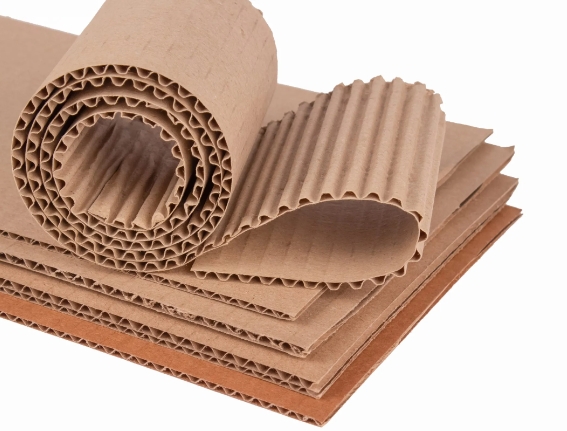 The Diversity of Corrugated Boxes Packaging
The Diversity of Corrugated Boxes Packaging
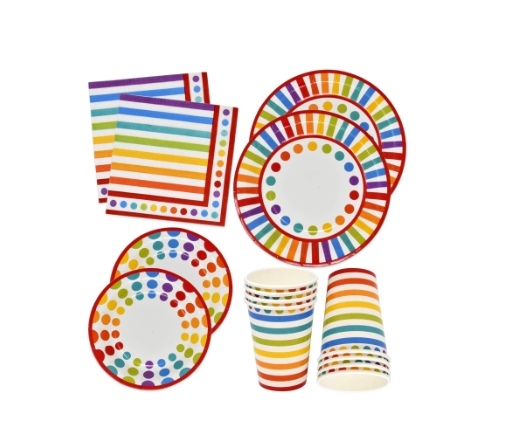 Health Concerns With Disposable Paper Plate Usage
Health Concerns With Disposable Paper Plate Usage
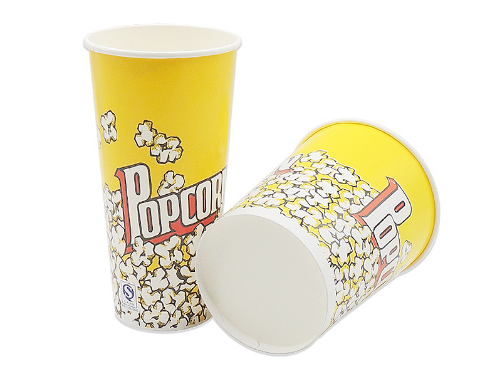 Understanding PE Coated Paper
Understanding PE Coated Paper
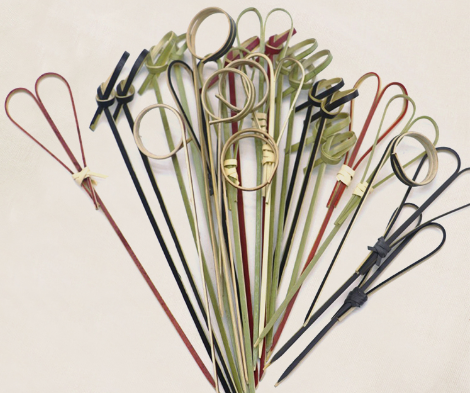 Versatile Bamboo Sticks: Types, Uses, and Benefits
Versatile Bamboo Sticks: Types, Uses, and Benefits